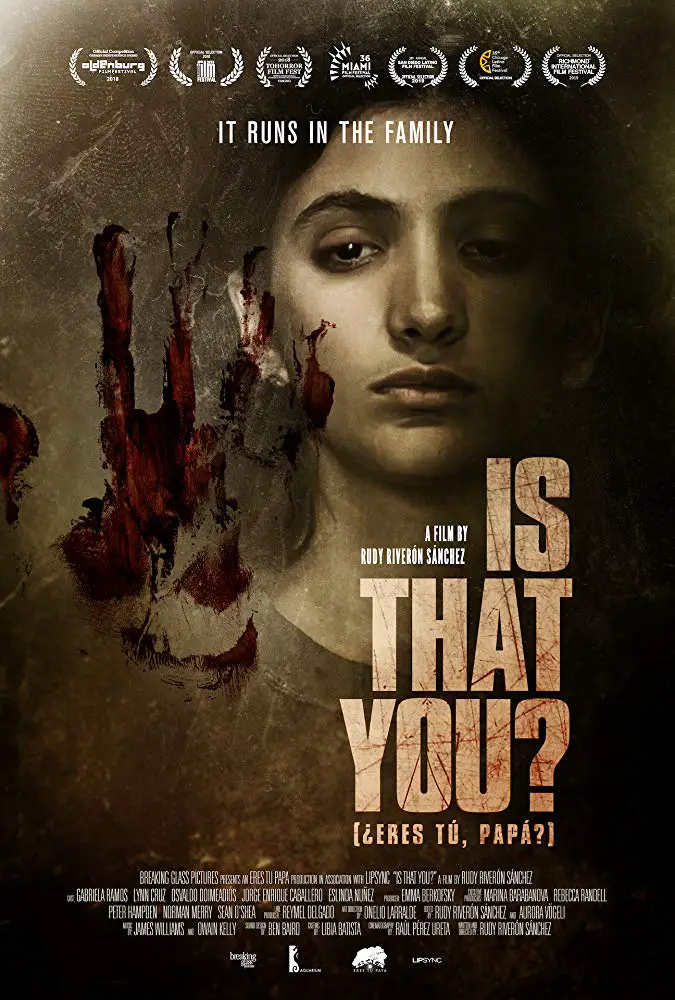
In June of this year, Rachel Louise Snyder published an article in The Atlantic titled, “The Term ‘Domestic Violence’ Is A Failure.” In it, she argues that the “sterility” of the phrase doesn’t force us to acknowledge its brutal reality. When many people hear “domestic violence,” we think of things like spousal rape or hitting someone in the middle of an argument. These actions, while horrible and all-too-common, do not reflect the sick variety of ways violence can manifest in relationships.
Snyder describes domestic violence as a form of terrorism—the constant presence of threats as a means of exerting control. Her examples include not just guns and fists, but also golf balls and rattlesnakes as physical and psychological weapons. She writes, “The worst part of victimhood is the dread, the fear of what can happen, the fear of what an abuser could do, and that is really what’s at the core of understanding the stress of such a relationship.”
“…spends the first thirty minutes unveiling the methods of Eduardo’s abuse with painstaking clarity.”
However, we refer to it, “domestic violence” is a difficult subject for filmmakers. With the formal and time constraints of a feature film, it’s hard to do justice to the psychological and emotional nuances of intimate partner violence without lapsing into titillation. It’s easy to show a character’s dad or boyfriend slapping them for some quick character development. It’s a challenge to dwell in those moments, to see the kinds of lives they lead to.
Billed as the first-ever psychological thriller to be filmed in Cuba, Is That You? (Spanish title: Eres Tú, Papa?) has early sequences that examine the dynamics of abuse with unsettling grace. So it’s too bad that I will remember Is That You? most not for its beginning, but its final, shockingly ham-handed images.
Lili (Gabriela Ramos) is a teenage girl living in rural Cuba with her parents, Eduardo (Osvaldo Doimeadiós) and Alina (Lynn Cruz). The dark, desaturated camerawork emphasizes the poverty and isolation that afflict them—except for an early scene at a baseball game, Lili’s family is cut off from the rest of society. Their only stable link to the outside world is their handyman Carlos (Jorge Enrique Caballero), whose relationship with Alina provides the dramatic catalyst for most of what follows.

"…an emotional texture of pounding, relentless dread..."
